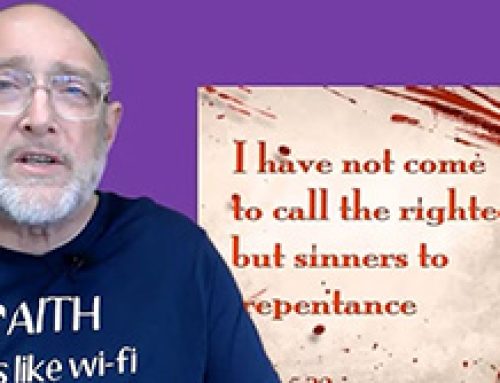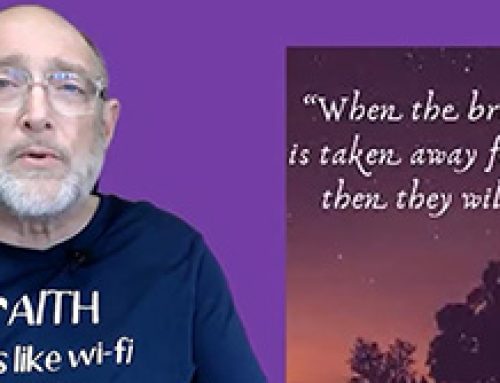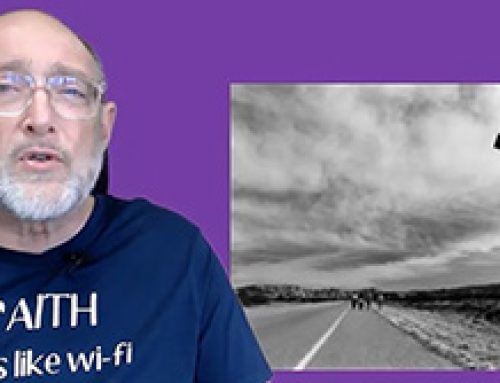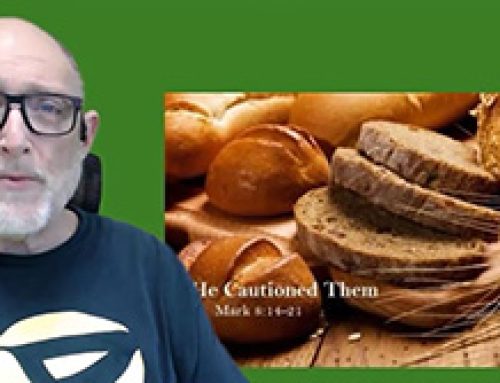Fr Paul Gooley reads from the Gospel of Luke (4: 16-30) in which Jesus goes to the synagogue in Nazareth, where he had been brought up, on the Sabbath day and read from the scroll of the prophet Isaiah: The Spirit of the Lord has been given to me, for he has anointed me, he has sent me to bring good news to the poor.
Before Fr Paul begins, he notes that for a while now we have been reading the Gospel of Matthew and from now on we will also be reading from the Gospel of Luke.
In today’s Gospel, Fr Paul says, we hear of an electrifying scene in the synagogue at Nazareth when Jesus finds and reads out this passage from Isaiah on the coming of the Spirit, fulfilled at that moment. They express strong disapproval, thinking they know him too well: that he is too ordinary for them. The peace is shattered. Jesus proceeds to shatter it further by proclaiming that if they do not want him, he will follow the example of the old prophets Elijah and Elisha by bringing happiness and healing to those beyond the borders of the Land of Israel.
As Paul mentioned earlier, we are now reading from Luke and we must never forget that Luke is a Hellenistic historian, writing according to the methods and conventions of Hellenistic history. One of the ways in which Hellenistic historians explain the significance of events is by putting a speech in the mouth of a principal character.
So here, Luke puts a quotation from Isaiah and its explanation in Jesus’ own mouth as a key-note speech. It is a dramatic scene, sharp and wounding. Jesus pulls no punches, even quoting their own proverbial gibe, ‘Physician, heal yourself’. He leaves no doubt that he has come to the poor and oppressed, and that he will find them, as did the prophets who preceded him. They were found outside, Israel, outside the Chosen People.






Leave A Comment